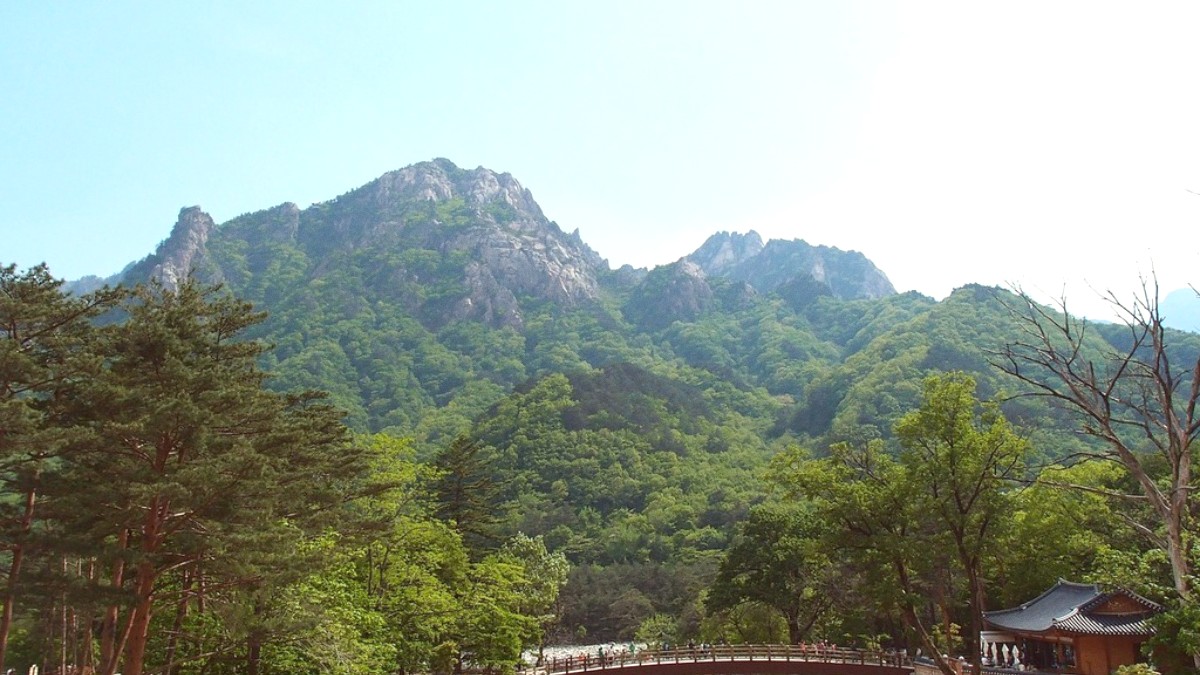
Gang Won Do, South Korea
Designated as a national park, it stands strictly protected for its biodiversity and natural beauty. It also holds UNESCO Biosphere Reserve status.
South Korea possesses robust recycling programs. Separate your waste into general waste, plastics, paper, glass, cans, and food waste.
South Korea may experience water shortages, especially during drought periods. Be mindful of your water usage in accommodations and public facilities.
Consider purchasing carbon offsets for your international flights. Some airlines offer this option directly during booking.
Your travel choices can contribute to the preservation of natural beauty and local communities.
Engaging with local culture respectfully fosters positive interactions and cultural preservation.
Support local cultural preservation by visiting traditional markets, unique villages like Abai Village, and cultural sites like Sinheungsa Temple.
Consider purchasing traditional crafts (if available) from local artisans. Your money directly supports their livelihood.
Acknowledge greetings with a slight bow or nod, especially with elders or in formal settings. Remove shoes when entering homes, some restaurants, and guesthouses.
Show deference to elderly individuals; this forms an important part of Korean culture. Maintain quiet and respectful behavior in temples and other sacred sites.
Engaging respectfully with local customs deepens your travel experience and supports cultural heritage.
Your travel choices directly impact the local communities you visit.
Support local businesses directly. Eat at local restaurants, buy from small shops in Sokcho Jungang Market or Abai Village.
Look for products certified as fair trade if available, though these labels appear less common for Korean souvenirs.
Choose locally owned guesthouses or pensions over international chain hotels where possible. This keeps tourism revenue within the local economy.
Exploitation of tourists poses no major issue in South Korea. Be wary of rare scams, and avoid any activities seeming exploitative of people or animals.
Your travel decisions can create a positive ripple effect, supporting local economies and conservation efforts.